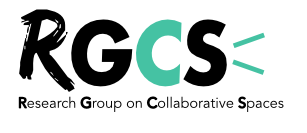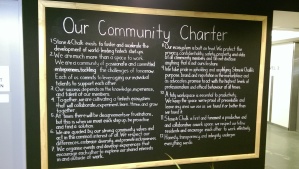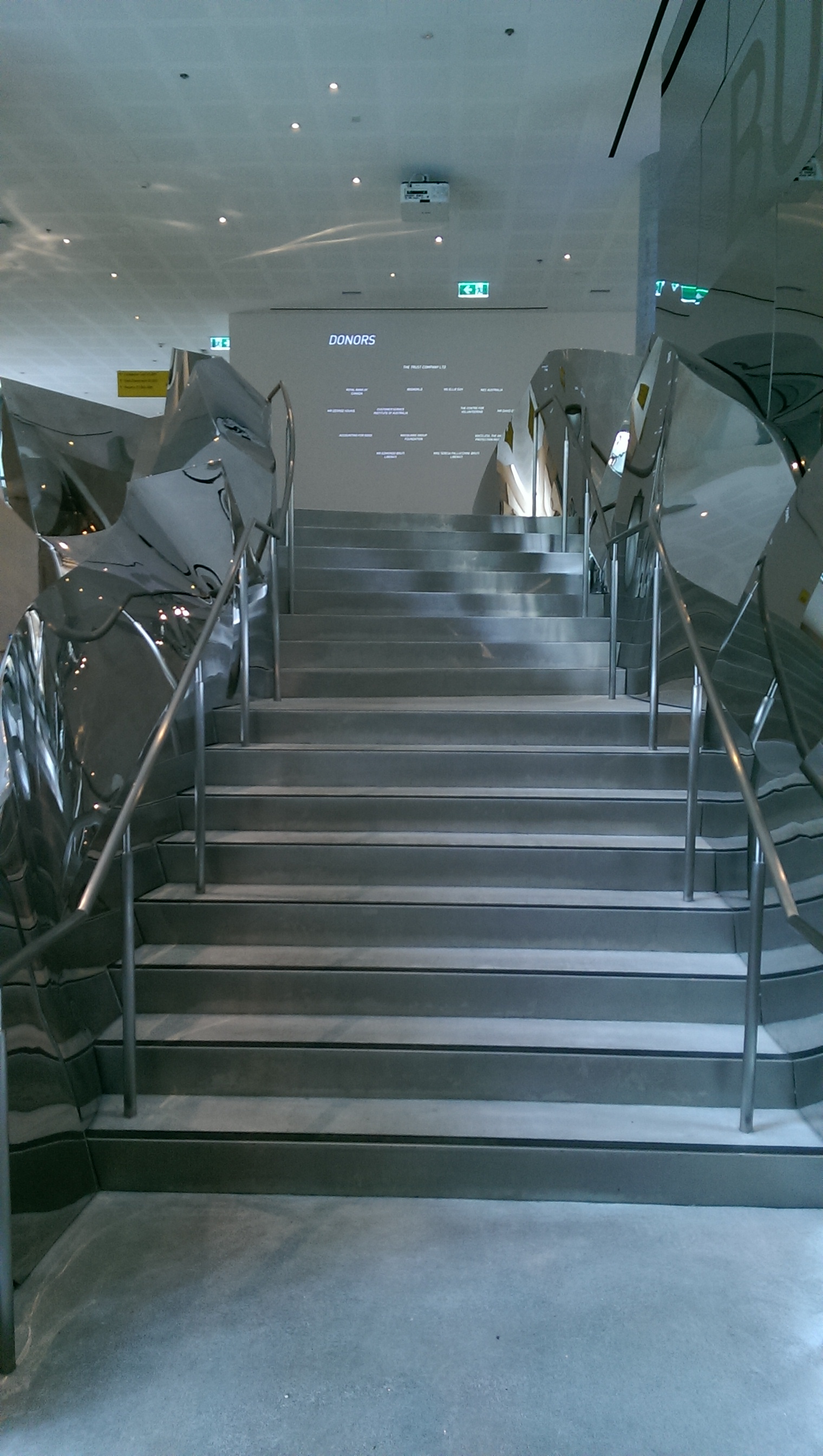Program of RGCS events in 2016
- Paris chapter
13 January (2 PM, espace one at Dauphine): comparison of local public policies about third places (with the City of Paris and the Conseil Régional Ile de France – La Fonderie)
25 January: RGCS seminar at Player (5 PM) about innovation and entrepreneurship
15th March (2 PM, espace one): study about Fab labs (presentation of a study about 80 European Fab labs, with Raphael Suire, Professor of economics at Université de Rennes)
21st March: RGCS seminar (5 PM) at Beeotop about ethnographical perspectives on maker spaces
17th May: RGCS seminar (4 PM) at Marketing space: « From open spaces to collaborative spaces » with a discussion with the City of Paris (Maud Berthier) about students coworking spaces supported by the city of Paris.
5th July (2 PM, espace one at Dauphine): presentation and open discussions with Sawsan Awada-Jalu (Association L’école de … Read more


